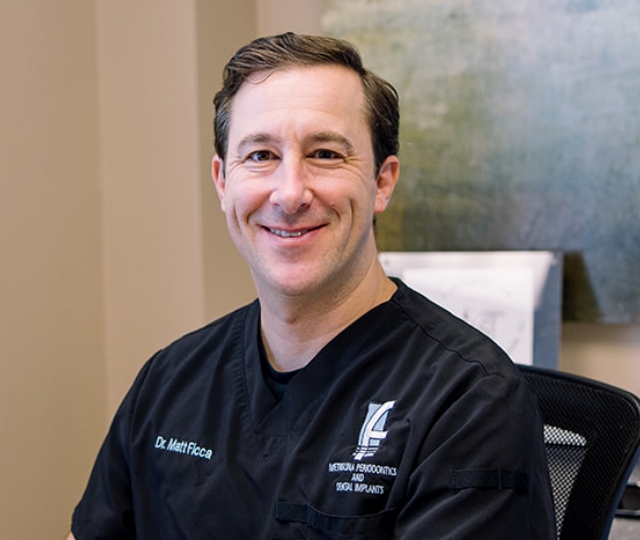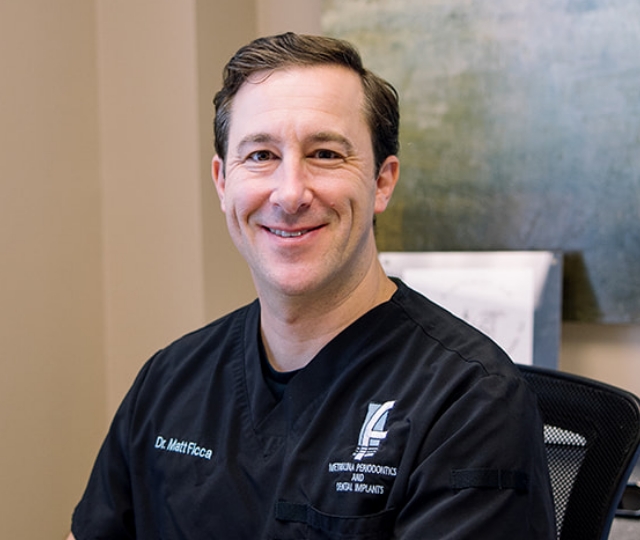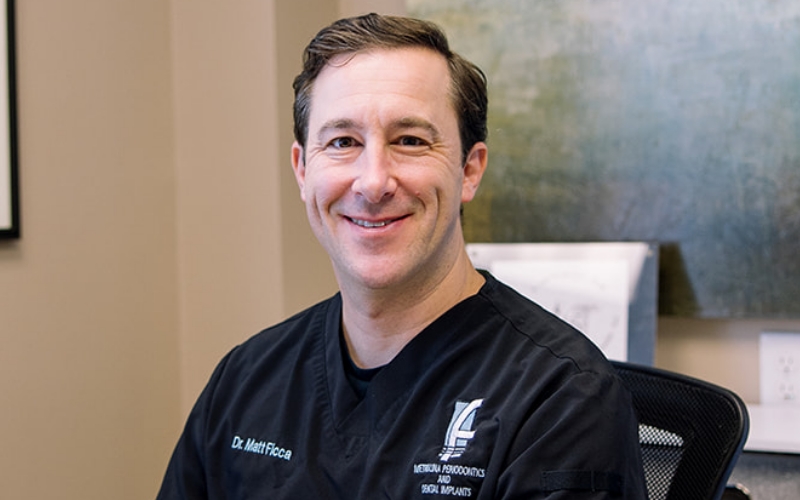A dental prophylaxis is a cleaning procedure performed to thoroughly clean the teeth. Prophylaxis is an important dental treatment for halting the progression of periodontal disease and gingivitis.
Periodontal disease and gingivitis occur when bacteria from plaque colonize on the gingival (gum) tissue – either above or below the gum line. These bacteria colonies cause serious inflammation and irritation which in turn produce a chronic inflammatory response in the body. As a result, the body begins to systematically destroy gum and bone tissue, making the teeth shift, become unstable, or completely fall out. The pockets between the gums and teeth become deeper and house more bacteria which may travel via the bloodstream and infect other parts of the body.
Reasons for prophylaxis/teeth cleaning
Prophylaxis is an excellent procedure to help keep the oral cavity in good health and also halt the progression of gum disease.
Here are some of the benefits of prophylaxis:
- Tartar removal – Tartar (calculus) and plaque buildup, both above and below the gum line, can cause serious periodontal problems if left untreated. Despite using some of the best brushing and flossing homecare techniques, it can be impossible to remove debris, bacteria, and deposits from gum pockets. The experienced eye of a dentist using specialized dental equipment is needed in order to spot and treat problems such as tartar and plaque buildup.
- Aesthetics – It’s hard to feel confident about a smile marred by yellowing, stained teeth. Prophylaxis can rid the teeth of unsightly stains and return the smile to its former glory.
- Fresher breath – Periodontal disease is often signified by persistent bad breath (halitosis). Bad breath is generally caused by a combination of rotting food particles below the gum line, possible gangrene stemming from gum infection, and periodontal problems. The removal of plaque, calculus, and bacteria noticeably improves breath and alleviates irritation.
- Identification of health issues – Many health problems first present themselves to the dentist. Since prophylaxis involves a thorough examination of the entire oral cavity, the dentist is able to screen for oral cancer, evaluate the risk of periodontitis, and often spot signs of medical problems like diabetes and kidney problems. Recommendations can also be provided for altering the home care regimen.





